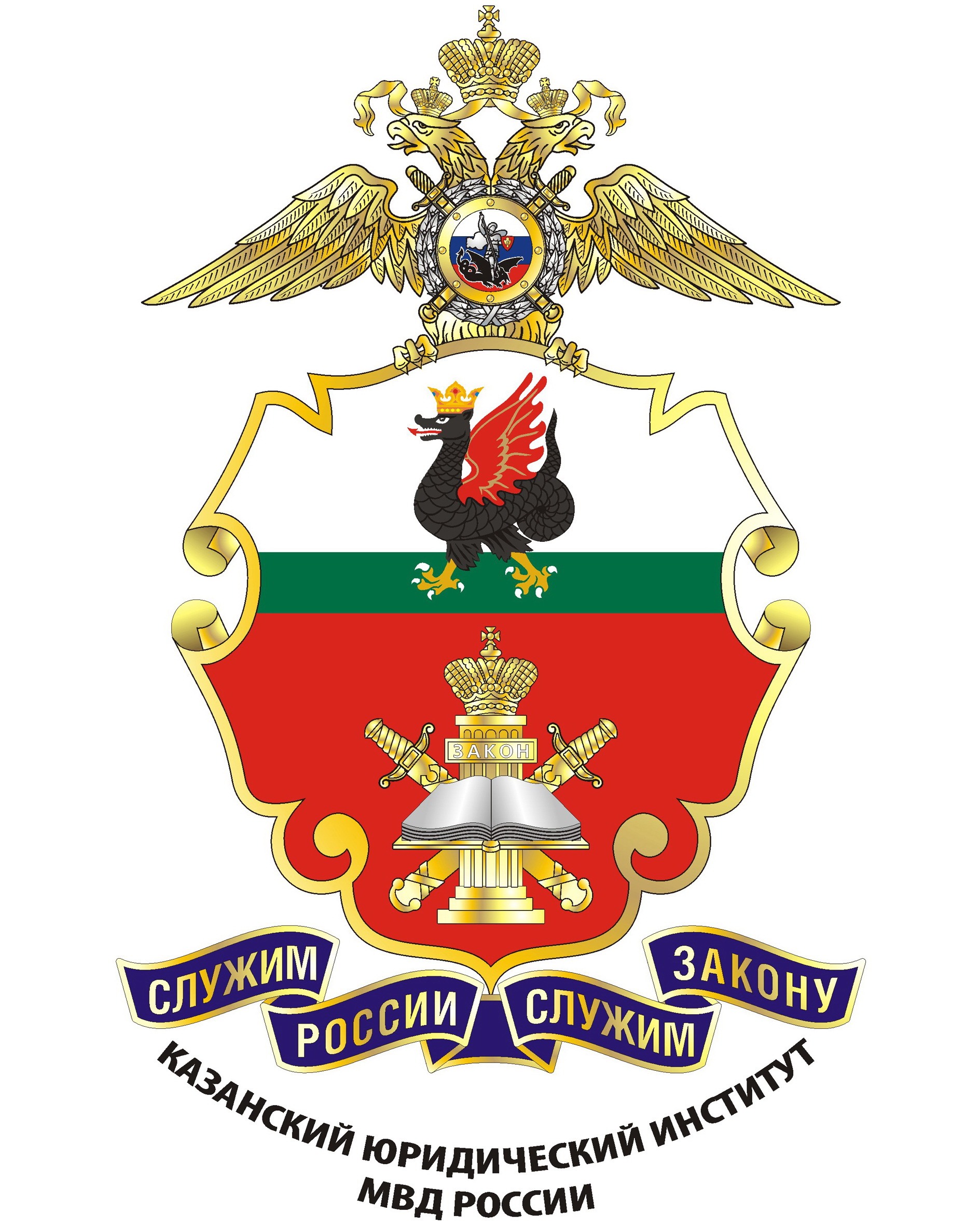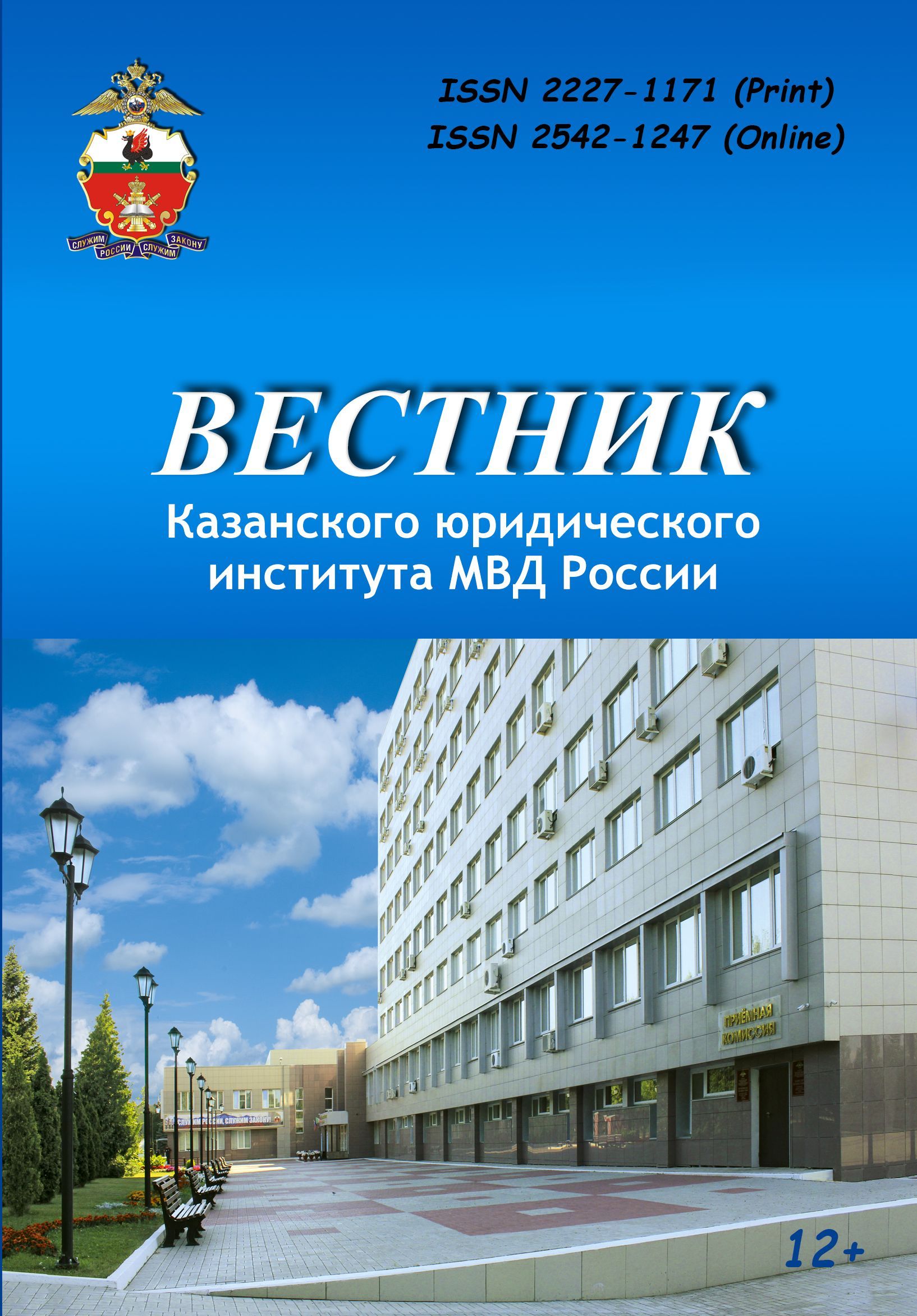The University of Management “TISBI” (kafedra teorii i istorii gosudarstva i prava, zaveduyuschiy)
Russian Federation
Introduction: the article justifies the view that the professional ethics of a lawyer is one of the sociocultural and state-legal phenomena manifested in the historically developed and dynamically developing system of rules of conduct of a particular social group that ensures the moral character of the relationships conditioned or associated with their legal activities. The aim of the research is to study and improve the normative sphere that regulates the moral and ethical requirements for the activity of law enforcement agencies, as well as establishing guarantees and responsibility for providing this type of activity. Materials and Methods: we have analyzed the existing normative legal acts containing moral and ethical requirements for representatives of law enforcement activities, primarily employees of the judiciary. Philosophical, general scientific and private scientific methods of research were used in the work. Results: Basing on the analysis of the current Russian legislation as well as theses from scientific publications of the leading Russian legislators of the study of moral foundations of law enforcement it is necessary to improve moral foundations not only in terms of upping of the requirements but in terms of assurance in work of legislators. Besides it is suggested the use of multidisciplinary approach in the knowledge of the modern moral chalenges of legal experience.
professional'naya etika sudey, moral'no-eticheskie trebovaniya, yuridicheskaya deyatel'nost', pravoprimenenie
1. Yun L.V. Ponyatie pravovoy kul'tury: istoriya i sovremennost' // Vestnik TISBI. 2017. № 1. S. 227-230.
2. Vlasenko N.A. Kategorii «neopredelennost'» i «opredelennost'» v issledovanii sovremennogo prava // Vestnik Nizhegorodskoy akademii MVD Rossii. 2017. № 1 (37) S. 8-17.
3. Stepanenko R.F., Yun L.V. Celi i cennosti nakazaniya kak element formirovaniya pravosoznaniya i pravovoy kul'tury (problemy obschey teorii prava) // Obrazovanie i pravo. 2017. № 3. S. 194-199.
4. Stepanenko R.F. Problemy pravovoy obrazovatel'noy politiki v istorii universitetologii // Paradigmy universitetskoy istorii i perspektivy universitetologii (k 50-letiyu Chuvashskogo gosudarstvennogo universiteta imeni I.N. Ul'yanova): sbornik statey. 2017. S. 271-276.
5. Rybakov O. Yu. Tip pravoponimaniya kak cennostno-mirovozzrencheskaya predposylka tolkovaniya prava // Obrazovanie i pravo. 2017. № 2. S. 153-157.
6. Gilazov I.I. Pervyy shag k dolzhnosti sud'i // Pravo i sud v sovremennom mire. Vypusk № 7: Materialy VII vserossiyskoy ezhegodnoy nauchno-prakticheskoy konferencii «Aktual'nye problemy yuridicheskoy nauki i sudebnoy praktiki». Kazan', 2008. S. 9-19.
7. Rad'ko T.N. Vvedenie v yuridicheskuyu professiyu: uchebnik dlya bakalavrov. Moskva: Prospekt, 2014. 352 s.
8. Bastrykin A.I. Aktual'nye problemy pravovogo regulirovaniya nacional'nyh i mezhgosudarstvennyh otnosheniy: sbornik statey, lekciy, vystupleniy. Moskva: Prospekt, 2017. 376 s.
9. Bakulina L.T., Stepanenko R.F. Obzor materialov III Vserossiyskogo «Kruglogo stola» po obscheteoreticheskim problemam prava «Sovremennye tendencii v evolyucii metodologii pravovyh issledovaniy» // Pravo i gosudarstvo: teoriya i praktika. 2016. № 7 (139). S. 135-152.
10. Zor'kin V.D. Pravo v usloviyah global'nyh peremen: monografiya. M.: Norma, 2013. 496 s.
















